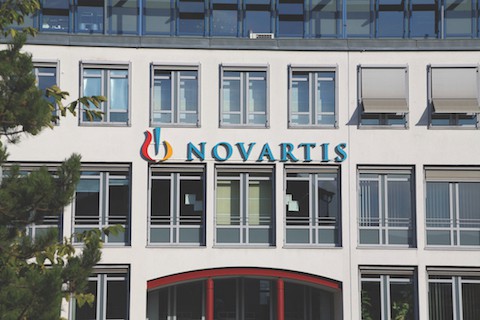
Novartis has presented a final analysis of its phase 3 MONALEESA-2 trial showing a survival benefit of more than 12 months for its CDK4/6 inhibitor, Kisqali (ribociclib) in combination with letrozole after five years.
The study evaluated Kisqali in combination with letrozole, compared to placebo plus letrozole, in postmenopausal women with hormone receptor-positive, human epidermal growth factor receptor 2-negative (HR+/HER2-) advanced or metastatic breast cancer with no prior systemic treatment for advanced disease.
MONALEESA-2 showed that, after five years, patients treated with Kisqali in combination with letrozole had more than a 50% chance of survival. This means Kisqali is the only CDK4/6 inhibitor with proven overall survival benefit across all three phase III trials of the MONALEESA programme with different endocrine therapy partners regardless of menopausal status or line of therapy, said Novartis.
“These remarkable ribociclib overall survival data are highly encouraging and represent the longest reported median survival from a randomized trial in HR+/HER2- advanced breast cancer,” said Gabriel N Hortobagyi, professor of medicine at the University of Texas. “This extension of life is great news for our patients and the building block for further progress.”
Treatments that offer long overall survival give patients more time to be with loved ones and pursue their lives, said Shirley A Mertz, president of the Metastatic Breast Cancer Network. “These data offer new hope for people with advanced or metastatic breast cancer, which remains the leading cause of cancer death in women worldwide.”
The study is part of Novartis’ aim to “reimagine medicine and strive for cures”, said Susanne Schaffert, president of Novartis Oncology. “Our mission is to improve and extend the lives of those with cancer. For people with HR+/HER2- advanced breast cancer, these data are not just numbers and may mean more life milestones — yet, we will not rest as we continue to investigate the full potential that Kisqali can bring to patients.”
Kisqali is approved in the US and EU as initial endocrine-based therapy in combination with an aromatase inhibitor for postmenopausal women with HR+/HER2- locally advanced or metastatic breast cancer and pre-, peri- or postmenopausal women, as well as both first- or second-line therapy in postmenopausal women in combination with fulvestrant.
Novartis is also running NATALEE, a large confirmatory clinical trial of Kisqali with endocrine therapy in the adjuvant treatment of HR+/HER2- early breast cancer and the phase 3 HARMONIA trial evaluating Kisqali compared to palbociclib in patients with HR+/HER2- advanced breast cancer with aggressive tumor biology, defined as HER2-enriched.




